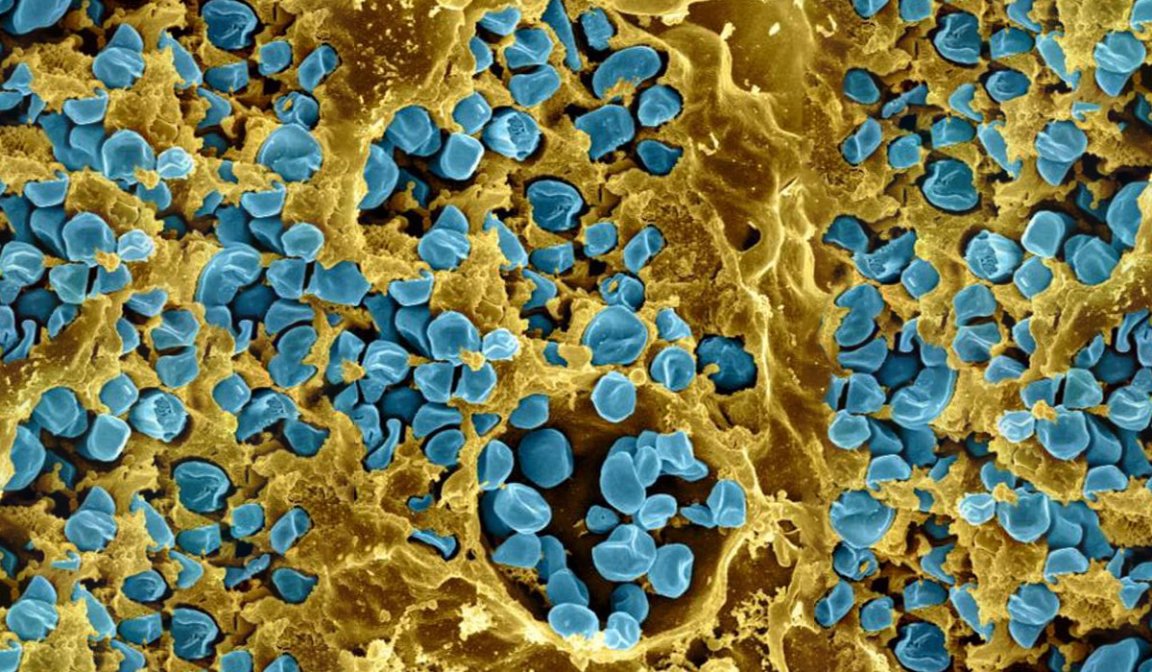
Biological Terror
The organism Francisella tularensis (F. tularensis) causes a nasty disease called tularemia, which is characterized by symptoms like joint pain, muscle aches, and progressive weakness. During World War II, the Soviet Red Army reportedly used it to impede German soldiers ahead of the Battle of Stalingrad.
To this day, the Centers for Disease Control and Protection (CDC) ranks F. tularensis as one of the most concerning bioterrorism agents, along with the likes of anthrax, botulism, plague, smallpox, and viral hemorrhagic fever. However, researchers may have now discovered a way to disable this dangerous organism.

By mapping out the organism’s molecular circuitry, researchers discovered a way to disable the molecule that makes it particularly virulent. Their method focuses on a cluster of genes known as the “Francisella pathogenicity island.”
Through a series of structural, biochemical, and cellular studies, the researchers were able to determine how these pathogenicity genes were turned on and off. After establishing that ppGpp, a stress-sensing molecule known as an “alarmone,” was binding itself to a two-part protein using a specialized pocket on its underside, the researchers introduced a mutation that destroyed this pocket.
After that, pathogenicity couldn’t be activated.
Antibiotic Resistance
The biggest advantage of this tularemia treatment is the fact that it doesn’t rely on antibiotics. With the threat of antibiotic resistance looming large, our need to find alternatives to antibiotics has become clear, and any research that can help us decrease our use of this kind of medicine is extremely valuable.
This research on F. tularensis isn’t the first to find a viable alternative to antibiotics, however. Other solutions range from the fairly simple — abbreviated treatment courses — to the cutting-edge — killing off antibiotic-resistant bacteria via CRISPR.
Having antibiotics available when we need them the most is important, but we need to establish techniques like this one to cut down on any unnecessary usage if we want to ensure they’re an effective course of treatment in the years to come.